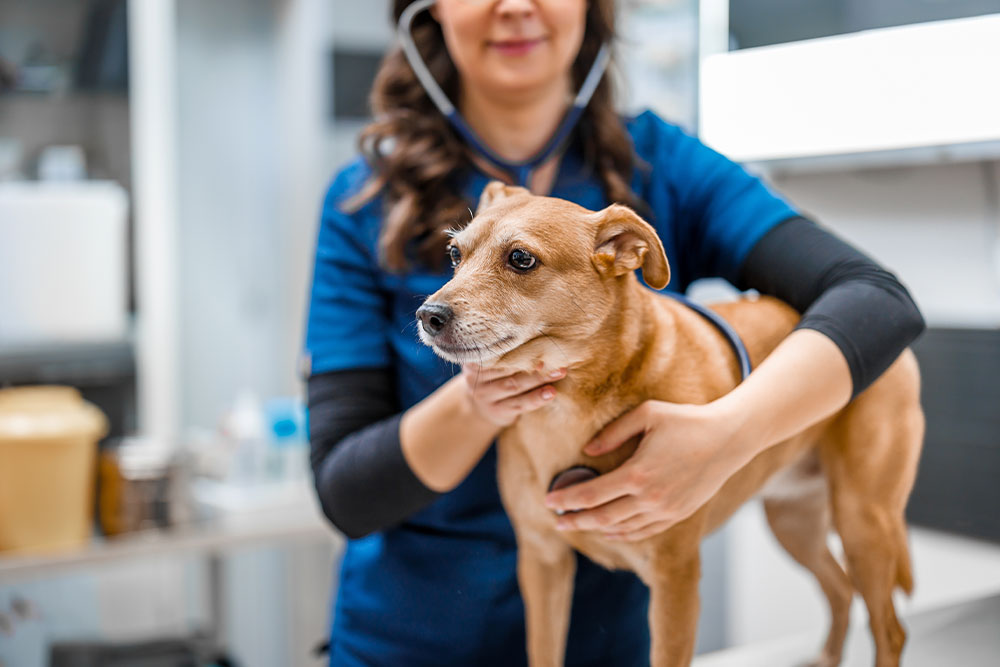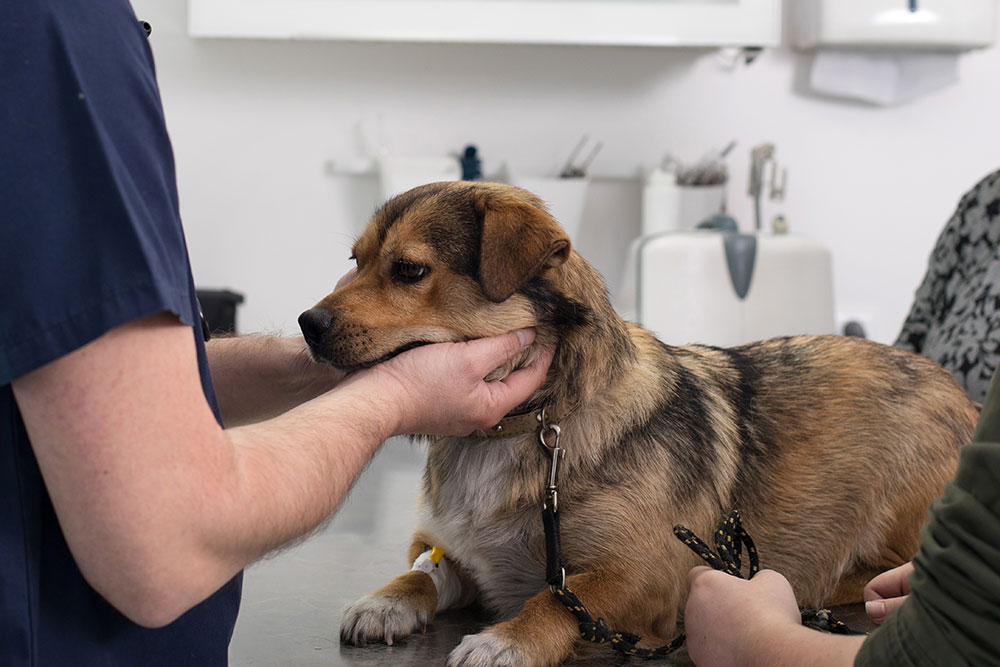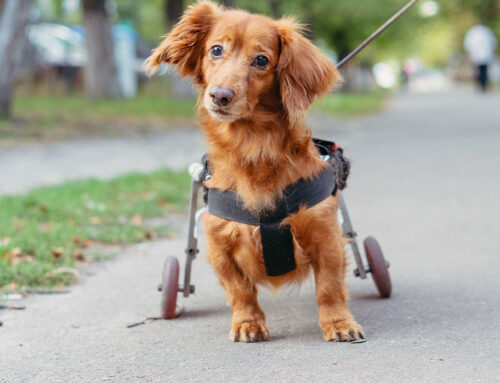Is Vet Day a Stressful Day? How Wales Animal Clinic Supports Calmer Veterinary Visits
Let’s face it- most pets don’t love going to the vet. Most people don’t like going to the doctor, either.
Whether it’s your cat vanishing the moment the carrier comes out or your dog slamming the brakes in the parking lot, the stress is real- for both of you. At Wales Animal Clinic in Wales, Wisconsin, we understand how emotionally and physically overwhelming veterinary visits can be. That’s why we focus on creating a more peaceful experience for everyone involved.
Our goal is simple: to help your pet feel safe and respected, and to help you feel confident and supported.
Understanding Veterinary Visit Stress
Veterinary visits combine lots of triggers: unfamiliar people, smells, sounds, physical handling, and sometimes discomfort. Past experiences, pain, or general anxiety can turn even a routine visit into a stressful one.
Stress doesn’t just affect behavior. It can interfere with diagnostics, mask medical conditions, and create fear associations that make future care more difficult.
That’s why we don’t just treat the condition- we support the whole experience.
What Stress Looks Like in Pets
Recognizing stress signals is the first step in making visits easier. Some pets hide it well, while others are more expressive.
| Subtle Signs | More Obvious Signs |
| Lip licking, yawning, trembling | Growling, barking, hissing |
| Avoiding eye contact or freezing | Trying to hide or escape |
| Pacing or panting when not hot/thirsty | Snapping or biting |
| Tail tucked, ears back | Inappropriate urination or defecation |
If your pet doesn’t like being touched, that’s worth addressing too. This San Diego Humane Society resource offers practical ideas for building trust around handling.
How Wales Animal Clinic Helps Reduce Stress
We work to lower stress before your pet even walks through the door. That might include:
- Taking time to let your pet acclimate
- Modifying how we approach exams based on body language
- Using treats and praise to reinforce calm behavior
- Pausing or rescheduling when a pet becomes overwhelmed
When Pre-Visit Pharmaceuticals (PRPs) Make Sense
Some pets need more than just a calm voice and a pocketful of treats. For those with high levels of fear, anxiety, or stress, we may recommend pre-visit pharmaceuticals (PRPs)– medications given at home a few hours before the appointment.
PRPs aren’t about “knocking pets out.” Instead, they help reduce the intensity of stress signals so pets can stay safe and calm. This protects:
- Your pet (by reducing panic and fear)
- You (by avoiding difficult or unsafe handling)
- Our team (by creating a safe environment for care)
Common options include gabapentin, trazodone, or other safe, vet-prescribed medications tailored to your pet’s size and needs.
Your Role at Home: Setting the Stage for Success
You’re a key part of the process. The work you do at home helps make each visit smoother. Here are some ways to support your pet before they even reach the clinic:
1. Practice Cooperative Care
Start getting your pet used to basic handling:
- Touch their paws, ears, and mouth gently
- Pair handling with treats and praise
- Simulate short “exams” on the floor or couch
The Preventive Vet’s guide to cooperative care has helpful ideas for getting started.
2. Desensitize the Carrier or Leash
- Keep the carrier out and accessible, not hidden away
- Use it as a bed or feeding station between visits
- For dogs, take short car rides that don’t end at the vet
3. Plan Happy Visits
Stop by the clinic just to say hello- no needles or exams. A few treats at the front desk can go a long way in changing your pet’s associations with the space.
4. Be Honest With Us
If your pet has a history of reacting aggressively, freezing up, or panicking, let us know. We’ll work with you to find a safe, effective plan.
You can also read CattleDog Publishing’s veterinary visit stress-reduction tips for more strategies.
What to Bring With You
A little preparation helps us help your pet. Here’s a quick list:
- Favorite high-value treats or toy
- A familiar-smelling blanket or towel
- List of medications, supplements, and recent health concerns
- Videos of behaviors you’ve noticed at home
And here are some helpful questions to ask us during the visit:
- Are there signs my pet is showing stress I’m not seeing?
- Would PRPs or supplements make future visits easier?
- What can I work on at home to prepare for next time?
- Could cooperative care techniques be used for specific procedures?
The Merck Veterinary Manual and the ASPCA behavior page also offer great background on behavior patterns and strategies for training at home.
We’re With You- Every Visit, Every Step
At Wales Animal Clinic, we don’t expect your pet to be perfect. We just want them to feel safe enough to be cared for. Whether you’re bringing in a calm companion or a nervous nibbler, we’ll meet you both with patience, understanding, and a plan tailored to your pet’s needs.
Questions? Ready to schedule a visit? Contact us here. We’re here to support you both, from check-in to checkout- and every mile in between.








Leave A Comment